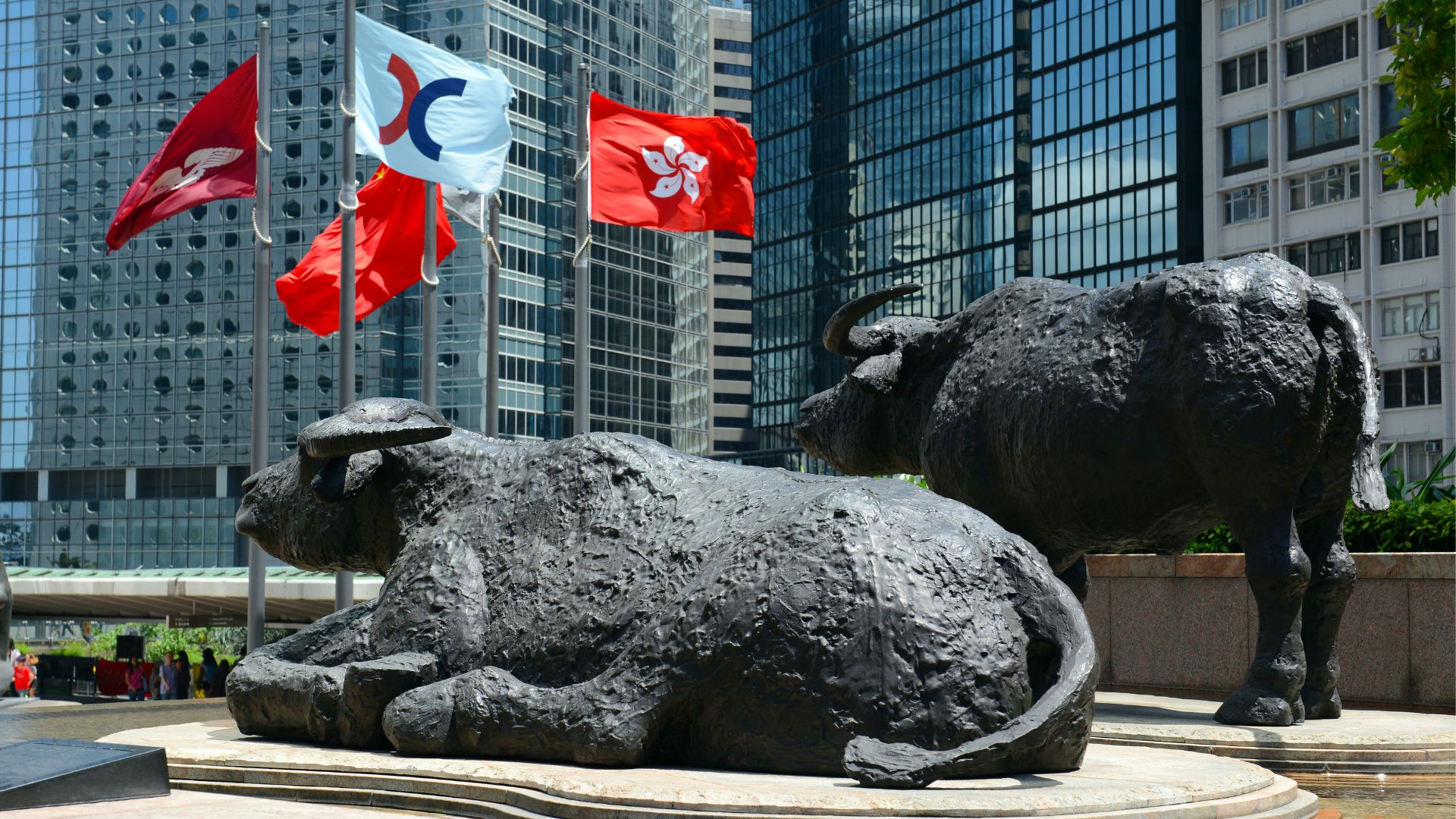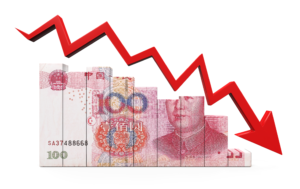The Securities and Futures Commission (SFC) in Hong Kong introduced the Investor Identification Regime (HKIDR), also known as the “Real Name Registration System of Hong Kong Stock,” on 20th March. Investors must now submit their personal identification information to the Hong Kong Stock Exchange and the SFC through their brokers or banks by signing a consent form to continue buying and selling Hong Kong stocks. Otherwise, they can only sell or withdraw their current holdings.
But what exactly is HKIDR, and what are its actual implications for investors?
Understanding the HKIDR and BCAN
Under the HKIDR, the regulated intermediaries such as banks and stock brokers must submit client identity documents to the Hong Kong Exchanges and Clearing’s confidential database and assign a unique Broker-to-Client Assigned Number (BCAN) to each client with their consent. Through the BCAN, the SFC and other regulatory authorities can view clients’ trading records and holdings but cannot access their identity information.
Intermediaries only need to submit core information from the client’s identity document, such as name, ID number, and place of issue, without requiring other personal information, such as birth date, address, or phone number. Additionally, unless there are changes in a client’s identity document, intermediaries only need to submit the information once and are not required to update it again.
According to the SFC, the HKIDR aims to enhance trading transparency and prevent market manipulation. Other markets, such as the United States, Europe, Mainland China, Singapore, and Australia, have similar systems. The system will enable the Hong Kong Exchanges and Clearing and the SFC to monitor the market more effectively, strengthening Hong Kong’s clean and stable market and supporting its sustainable development as a world-class international financial center.
How will the Investors in Hong Kong be Affected?
After implementing the HKIDR, we, as customers, must submit a consent form to intermediaries to continue purchasing securities. Otherwise, we can only sell the assets we currently hold. If we have already submitted our identity document information to intermediaries when opening an account, we only need to follow their instructions and give our consent. In addition, the HKIDR does not apply to initial public offerings (IPOs), as IPOs subscriptions don’t involve trading.
The Hong Kong Securities & Futures Professionals Association (HKSFPA) recently conducted a survey and found that nearly half of the 112 industry respondents said that 50% or fewer of their clients have signed consent forms, mainly among non-regular customers who have not traded in recent months.
The reasons include 59.8% worried that personal data may be transferred to other institutions or purposes, 55.4% do not want to disclose personal information, and 48.2% not wanting to participate in Hong Kong stock trading anymore.
According to recent reports, a growing number of investors in Hong Kong have moved their assets to Singapore and are now trading Hong Kong stocks underfund or company names. Some industry insiders worry that under the HKIDR, trading Hong Kong stocks is perceived to be less convenient than before, which may affect the trading volume. And investors who move to other financial centers like Singapore are unlikely to return to the Hong Kong market actively.

It remains to be seen how the implementation of the HKIDR will impact the Hong Kong securities market in the long term. However, it is essential for investors to understand the implications of the new system and comply with the necessary procedures to continue participating in the market. At the same time, regulators are expected to continue to engage with industry stakeholders to address any concerns and ensure that the system operates efficiently and effectively in promoting a clean and stable market for all.




